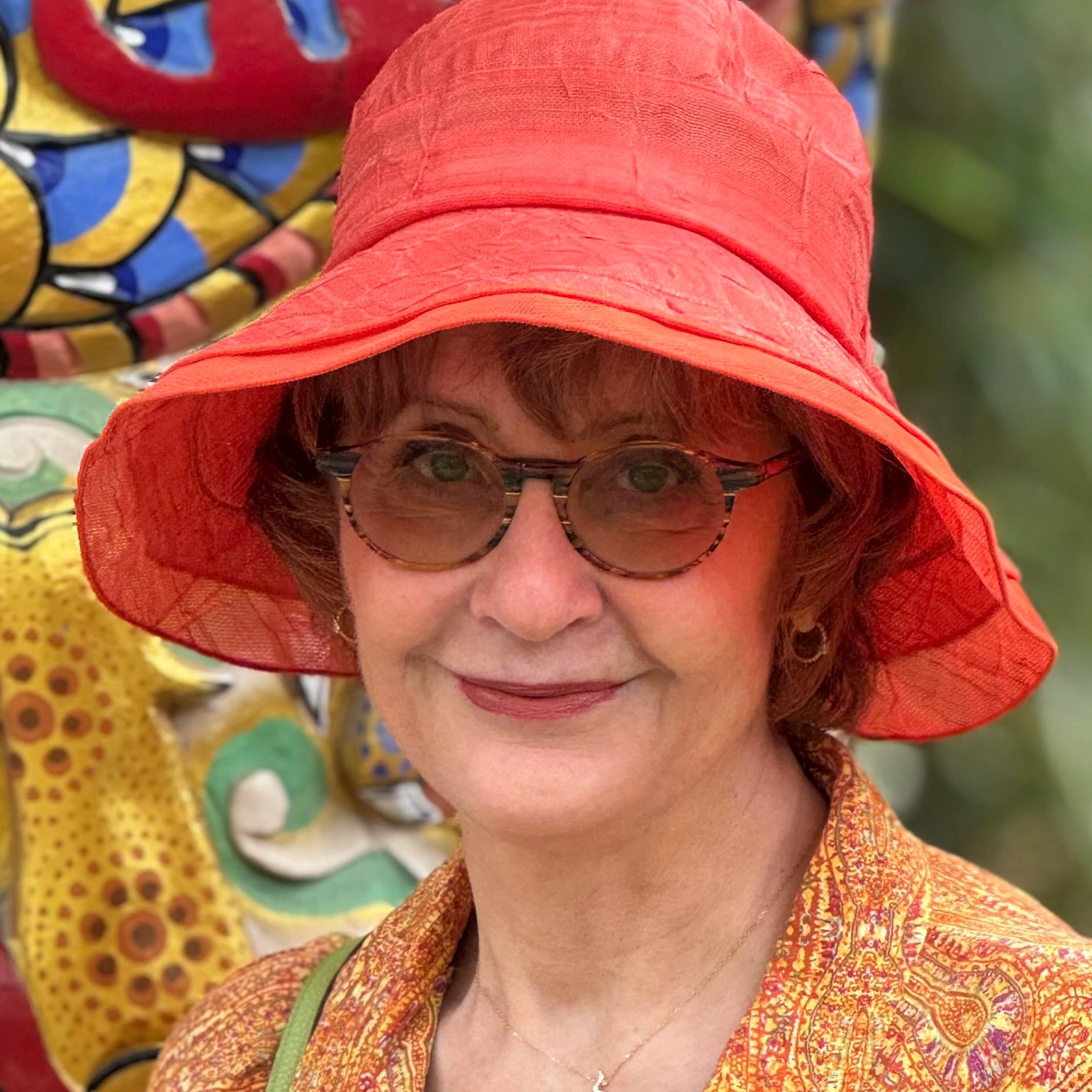
Carol shared her story in August of 2024.
It was Christmas Eve 1976, in a hospital outside Philadelphia. I was on a rotating medical internship caring for a woman experiencing worsening intense chest pain. The woman, about 80, with white pin curls and big blue eyes and heart disease but no DNR, needed more medicine than I was authorized to give her in a regular hospital room.
I called the attending doctor to ask permission to move her to the cardiac ICU or make her a DNR.
“I can’t tell the family I’m putting her in the unit on Christmas Eve,” the doctor said. “And I certainly can’t ask them to DNR their mother on Christmas!”
At midnight I got the call that this woman was in cardiac arrest. I rushed to her room and saw her eyes fly open in horror as her last experience on this earth was me, the intern, kneeling on her bed and pressing my hands into her chest to compress her heart, cracking her ribs. The last thing she knew was pain.
That was it for me. After that night, I wrote a DNR on my chest in magic marker — visible while wearing my scrubs at work. I was subsequently reprimanded for an attitude problem. I guess the “attitude problem” has become a feature of my personality, because here I am, nearly 50 years later, and I feel exactly the same way I did then about end-of-life choices.
Over the years as I worked in medicine, when someone whose loved one was dying would say, “I want you to do everything you can to keep them alive,” I’d say, “Let’s talk through this and make sure you understand what that will mean for your loved one.” And, if the dying person was capable, “Let’s ask them if they want that.” I made more than one person upset by asking, “Is it selfish to keep your loved one in pain and suffering on life support just so you can look at them?”
As for my own end of life, I’ve made it very clear what I want. I don’t want to be kept alive through artificial means. I don’t want to live in a nursing facility. My aim is to die at home. I want a pine box behind our house in the pasture in my llama cemetery. My husband, however, is a “Do not talk about it so it won’t happen” kind of person. He becomes a deer in the headlights when we go to the doctor. Instead, my cousin, whom I trust deeply, is my medical power of attorney, and he knows exactly what I want. The only people I will haunt are those who prolong my life in pain. I don’t want to be remembered ugly, screaming and suffering; I want to be remembered laughing, telling a joke or making the world a better place.
A couple months ago, at 73, I was in a car crash and was in the hospital for over a month after five hours of neurosurgery. While I was recovering, it was as though I got to experience a celebration of my life while still living, with all the cards, flowers, texts, emails, visits, food. It was lovely. I don’t need more than that.
The truth is, I’m a control freak, and I like the fact that in my own life I’ve controlled what I can control. At 50, at 60, at 70, I reviewed and revised my advance directive and my will. I think that should be part of what you do as an adult — every 10 years, review your wishes and think about how you want to use the rest of your life. It makes me feel good to be organized. It makes me feel good to know that I’ve done what I can do to make the dismantling of my life as easy as it can be. Because it’s a pain in the ass, taking a life apart.
So many people believe they should just do whatever their doctor says, instead of asking, “What kind of life are you offering me?” People don’t know they have a choice. Compassion & Choices gives them the information they need to know their options and make that decision.
Mail contributions directly to:
Compassion & Choices Gift Processing Center
PO Box 485
Etna, NH 03750